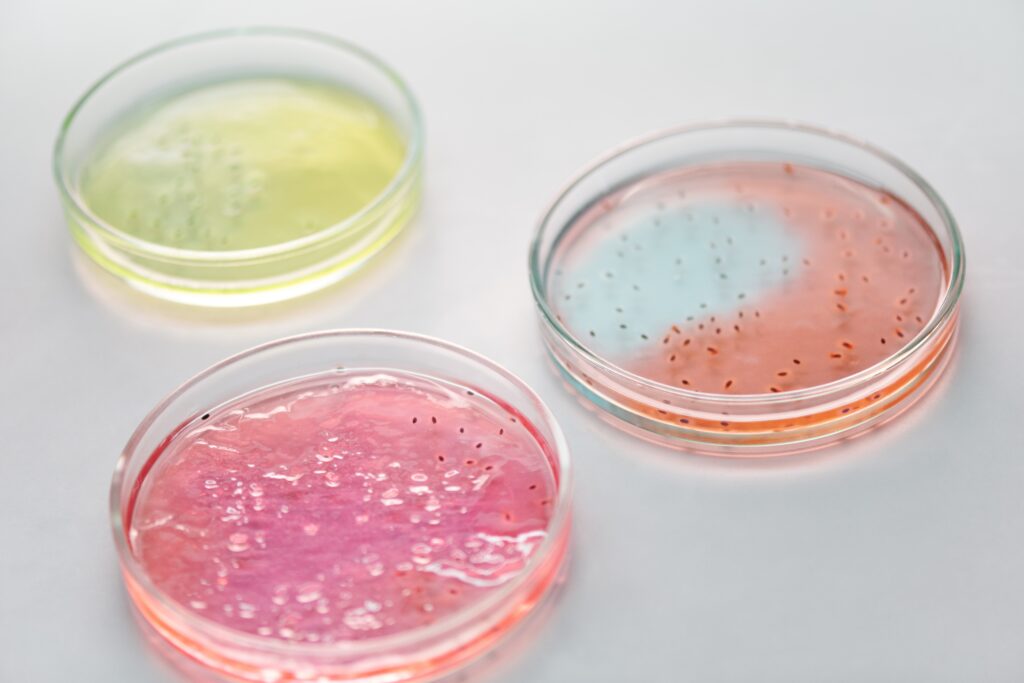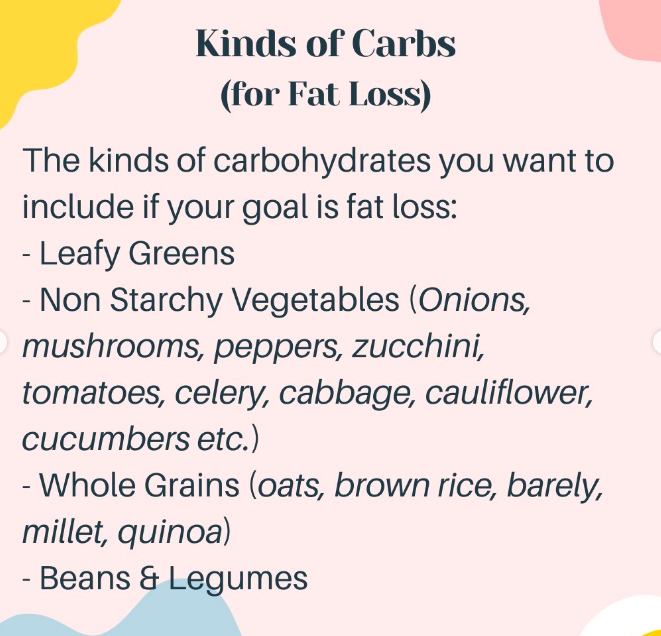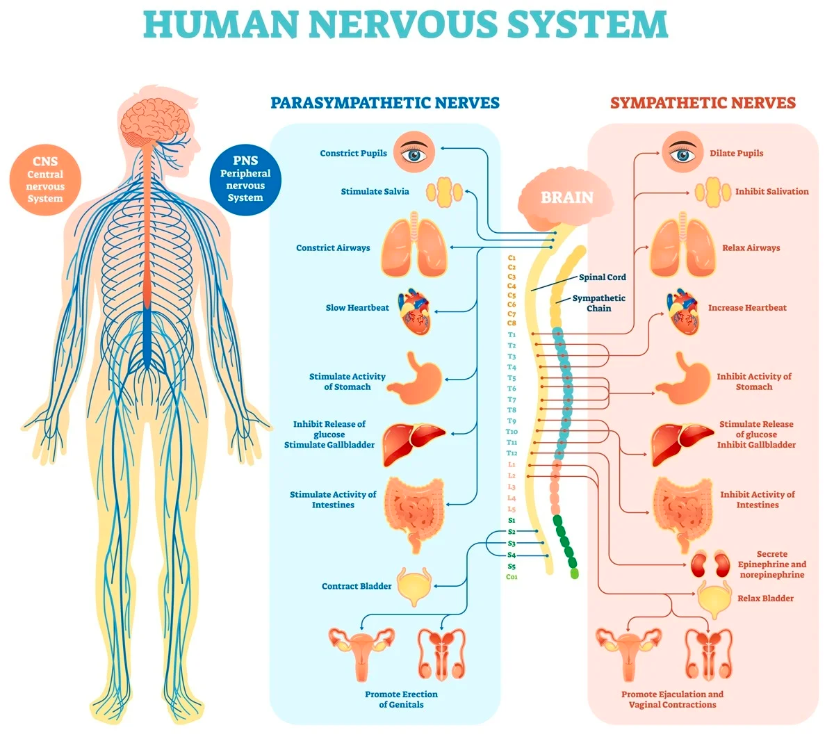Why are Prebiotics and Probiotics important?
September 20, 2021

The Prebiotics and Probiotics Industry is booming right now – the marketing is so good everyone knows they need them, but why? Walk through just about any grocery, drug or health store to find shelves full of products promising to fill your gut with “good” bacteria. But why are prebiotics and probiotics important? If you’re also wondering what they are and if they truly are more than just the latest fad? Or even what’s the difference between them and where is the best place to get them? Then you are in the right place my friend.
Why are prebiotics and probiotics suddenly so popular?
With how quickly supplements with these labels gained popularity it’s no wonder some of us began to question whether or not this was the next fad. This rise in popularity was sparked by the incredible findings that came from gut health studies. What was once a relatively understudied and misunderstood organ quickly became one of the key focus points for maintaining health. With the power to positively (or negatively) impact everything from your mood to your chances of serious diseases; the whole world – (supplement and pharmaceutical companies included) jumped at this new knowledge. Fads go as easily as they come, but the research on gut health is compounding and it seems prebiotics and probiotics are here to stay.
Probiotics?
Probiotics are nothing new. Anyone who has ever taken antibiotics will likely have been prescribed probiotics. Probiotics are live microorganisms which, when administered in adequate amounts, confer a health benefit on the host. Probiotics are live, active microorganisms that fight harmful bacteria in the gut. Because antibiotics essentially wipe the gut of all its bacteria, probiotics are there to try and repopulate it. Probiotics are vulnerable to heat and stomach acid. That means they are best kept in a cool, dark place and should be taken on an empty stomach.
Probiotics can:
- Regulate metabolism
- Synthesize vitamins
- Suppress inflammation
- Neutralize pathogens
- Improve immunity
Prebiotics?
The lesser known of the two are prebiotics. This is a non-digestible food ingredient that promotes the growth of beneficial micro-organisms in the intestines. This looks like non-living, non-digestible forms of fibre or carbs. Your gut bacteria LOVES this and will reward you with a regular digestive system. If you’re constipated then take an extra 5 minutes to find out the reason why here. Disclaimer: a sneaky reason could be not enough fibre.
Prebiotics assist in creating an optimal feeding ground for your good gut bacteria to flourish. They are fuel for your probiotics and they can survive heat, cold & stomach acid.
Whenever I tell anyone that fibre and carbs are a good things the first thing they fear is weight gain. That’s why I loved this post about how carbs are NOT the enemy. One of the slides in the post was a list of the kinds of carbs to include for fat loss. The great thing is that these are also the kinds of foods your gut LOVES to eat so I knew it would be a great list to include here. I have a list of great high quality sources of pre and probiotics coming up down below but I had to make this known before we got there.
The difference between Pre & Probiotics:
Prebiotics and probiotics both support the body in building and maintaining a healthy colony of bacteria and other microorganisms, which supports the gut and aids digestion. The biggest difference is that probiotics contain live microorganisms. Prebiotics gives it away with the prefix “pre” meaning before. This is what feeds the constantly multiplying microorganisms. Prebiotics are then what comes before probiotics since it’s part of the process of creating them.
Okay but do I really need them?
I’m paraphrasing a gut health researcher who said: “Adding probiotics to an already diverse gut microbiome is like adding an ant to a rainforest.” Do we need prebiotics – YES. Do we need peobiotics? It depends.
The reality is that many of us do not have a diverse gut microbiome. My approach is always to focus on prebiotics FIRST to colonise and feed the good guys. If you have had gut issues in the past or currently, then supplementing with a high quality probiotic could be really beneficial to repopulating and supporting your gut.
There are special cases like when taking antibiotics that a probiotic supplement is definitely highly recommended.
Why quality really matters.
Did you know that the majority of our microbiome actually lives in our colon? That means – for probiotics to have the most impact they need to survive all the way through the long journey of the GI tract and down to our colon. That means they need to survive from the manufacturer to your home, then from your mouth, past stomach acid, through your small and large intestines to have a chance at having the intended positive impact. That is quite the journey. These probiotics need to be protected during this treck or they will never make it to the colon, and if they don’t make it to the colon, they’re pretty useless.
This is why the quality of the probiotics you take does matter. And if supplementing is the right choice for you then definitely read to the end because I have personally teamed up with two companies to cover both your prebiotic and probiotic needs. (With discounts of course)
So why are Pre & Probiotics important?
The short of it? Because new research has shown us that your gut health determines the quality of your life. Prebiotics are feeding the gut microbiome and probiotics are the good guys (the live organisms) that keep us healthy and vibrant. While I mention an incredible company that helps make the process of obtaining these good guys way quicker and easier – here are some natural options for both pre and probiotics.
Prebiotics:
- Bananas
- Apples
- Leeks
- Oats
- Onions
Probiotics:
- Yogurt
- Kimchi
- Kombucha
- Kefir
- Sauerkraut
Your Gut Health is NOT something you want to leave to chance.
Because your gut health is so vital this is NOT something you want to leave to chance. I personally choose to supplement alongside consuming the healthy foods I mentioned above.
However, to make your life easier and to ensure you are getting QUALITY Pre & Probiotics, I have extensively researched and paired up with some brilliant companies that I have personally vetted, as I only work with companies whose values align with my own and whose products are top quality.
Organifi
We want to be sure we’re feeding our probiotics with quality PRE-biotics. I like to hit the easy button here, and enjoy Organifi ‘Pure’. It not only contains prebiotic powder, but it also has other digestive supportive elements like Apple Cider Vinegar to support stomach acid and specific digestive enzymes like protease, amylase, and lipase to help break down protein, starch, and fat. I really like the Travel Packs as they’re easy to throw in my purse for access throughout the day! Be sure to use the code ‘GUTHEALTH15’ for a 15% discount at checkout.
Seed Probiotics
As mentioned, the quality of our probiotics is very important. I’ve done extensive research and was even required to go through a course with Seed Probiotics to be sure that anyone affiliated with them is sharing science, and not BS, when it comes to gut health.
Seed Daily Synbiotic is both a Pre & Probiotic. They use 2-in-1 capsule technology that is resistant to stomach degradation, heat, light & moisture.
Seed Daily Synbiotic is:
- Diary free
- Gluten free
- Allergen free
- Vegan
It’s the perfect marriage to your nutrient-dense diet, and I’m sure you will be happy knowing that your money isn’t being wasted on expensive poop and is making it all the way down into the colon where it can be used. Use code CHC15 for 15% off of your first order.
YOU have the power.
While supplementing and consuming the foods mentioned above will already do you a world of good in improving your gut health. If you are ready to get to the root of your gut health issues and uncover the link between your gut and mental health then me and my team at the Gut Health Agency can’t wait to work with you.
Finally if you take just one thing from today’s article it’s that YOU have the power with what you put in your mouth to radically transform your health. Best of all, now you know the types of foods, and if need be, supplements, to start that journey.
All my love
Chelsea
xx
Leave a Reply Cancel reply
Featured
Read
Podcast
Have you tuned in?
Chelsea interviews professionals to bring YOU today’s most updated knowledge on nutrition and wellness.






[…] example do NOT negatively impact the gut microbiome. What’s more is they might even act as a prebiotic (feeding your healthy gut bacteria). So while it does have more calories than artificial sweeteners […]